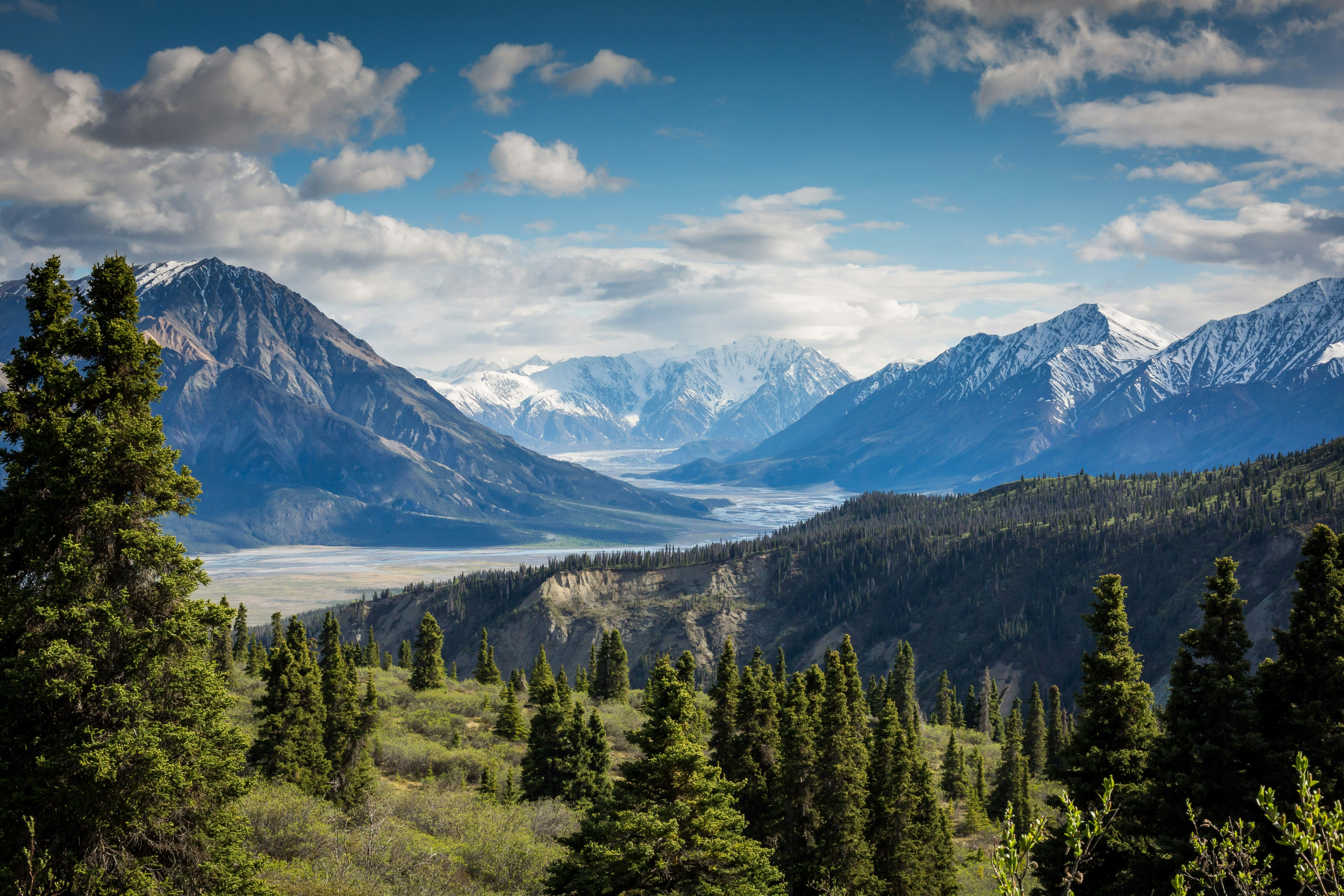A Skirmish Over Singletracks in Miesbach: The Mountain Bike Ban Conundrum
- *
Disputed Pathway: Contention on Prohibitions for Mountain Biking - European lawmakers endorse the documentation.
The coexistence of hikers and mountain bikers isn't always harmonious. And the relationship between farmers, forest owners, and cyclists isn't always rosy. The Miesbach district now seeks to significantly curb mountain biking activities.
Updates to regulations for six landscape protection areas require changes because the maps for these regions are no longer accessible. The proposed changes suggest banning cycling on trails no wider than 1.5 meters. Initial reports of this development came from the Süddeutsche Zeitung.
Criticism from mountain biking associations - an overzealous ban? Both the German Alpine Association (DAV) and the German Initiative for Mountainbike (DIMB) strongly criticized the plans, initially citing concerns over a ban on paths up to 2.5 meters wide. The associations described this as a near-total ban on mountain biking within the Miesbach district due to the extensive landscape protection areas.
Even with the updated 1.5-meter restriction, the criticism persists. However, designated trails and special MTB trails are expected to be exempt from the regulation.
TheArea's School Route Controversy "These cycling restrictions will primarily affect local residents," the criticism continues. Limiting access could also impact school and shopping routes.
The district office swiftly denied these claims, stating they have no intention of impeding any child's school route. The focus, they say, is finding a harmony between landowners and mountain bikers, with plans to develop MTB trails in the future.
Not a Total Ban for the Miesbach District The north and Leitzachtal regions are not affected by the planned changes. Popular routes such as the Erzherzog-Johann-Runde, Wallberg-Runde, Auer Alm, Neureuth, and Valepp remain open.
Landowner Rights The district office must also respect the rights of landowners. Josef Faas from the Lower Nature Conservation Authority argues that no MTB trail can be established in natural areas without the landowner's consent.
The new regulations will be decided by the district council after a July reading, though a final decision isn't expected until October.
Widely Tread Path and the Constitutional Quandary According to Thomas Holz from DIMB, the proposed changes may leave only around half a dozen trails accessible in the district. This would mark a first in Bavaria as the regulations would target mountain biking via path width, akin to the practice in Baden-Württemberg. However, such regulations have been criticized for driving mountain bikers onto wild trails.
Holz also references an administrative guideline from the Bavarian Ministry of the Environment regarding the implementation of the Bavarian Nature Conservation Act, stating that prescribing a minimum path width is constitutionally questionable. Instead, a variety of factors should be considered, such as trail conditions and structural integrity, potential long-term damage to natural spaces, erosion risks, and threats to pedestrians.
Individual Solutions for Ongoing Controversies "Each case should be considered individually," urges Nicolas Gareis of the DAV. A steering group consisting of district office representatives and both associations aims to develop targeted offers and guide cyclists responsibly.
- Mountain Biking
- Miesbach District
- Miesbach
- DAV (German Alpine Club)
- SZ (South German newspaper)
- Deutscher Alpenverein (German Alpine Club)
Enrichment Data
Overall: Discussions surrounding a blanket ban on mountain biking in the Miesbach district are ongoing, with concerns about environmental impact, social compatibility, and the promotion of sustainable mountain biking practices at the forefront.
Arguments Against Blanket Bans
- Environmental Responsibility vs. Blanket Bans: Mountain biking proponents who adhere to responsible practices argue that a total ban isn't necessary, with established rules and guidelines aimed at minimizing environmental impact and ensuring good relations with other trail users.
- Economic and Recreational Benefits: Mountain biking can bolster local economies through tourism and business support. A total ban may harm these economic benefits and curtail recreational opportunities for residents and visitors.
- Support for Local Infrastructure: Investing in maintaining and enhancing trail infrastructure, ensuring safe accommodations for both mountain bikers and other users, could be a more sustainable approach than blanket bans.
- Promoting Sustainable Practices: Educating mountain bikers about sustainable practices and encouraging responsible trail usage can help mitigate concerns about environmental damage and social issues, potentially reducing the need for blanket bans.
- The Miesbach District's proposal to significantly curb mountain biking activities, as reported by the South German newspaper (SZ), has sparked criticism from mountain biking associations like the German Alpine Club (DAV) and the German Initiative for Mountainbike (DIMB), as they view the suggested changes as an overzealous ban.
- The DAV and DIMB argue that the new regulations could impact school and shopping routes, primarily affecting local residents, a concern that the district office denies, stating their focus is finding harmony between landowners and mountain bikers, with plans to develop MTB trails in the future.
- Mountain biking proponents, such as Thomas Holz from DIMB, question the constitutionality of the proposed changes in the Miesbach District, as they could potentially leave only a handful of trails available, driving mountain bikers onto wild trails, and may target mountain biking via path width, akin to the practice in Baden-Württemburg.






